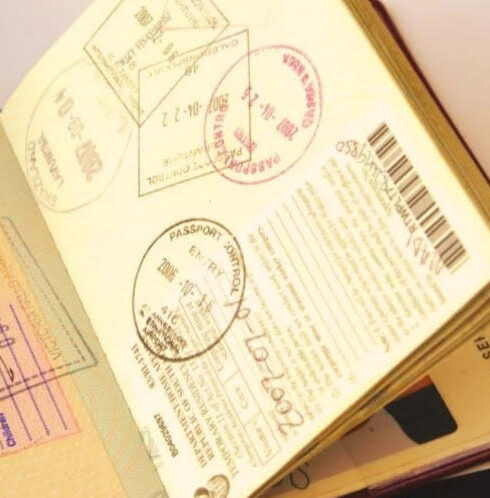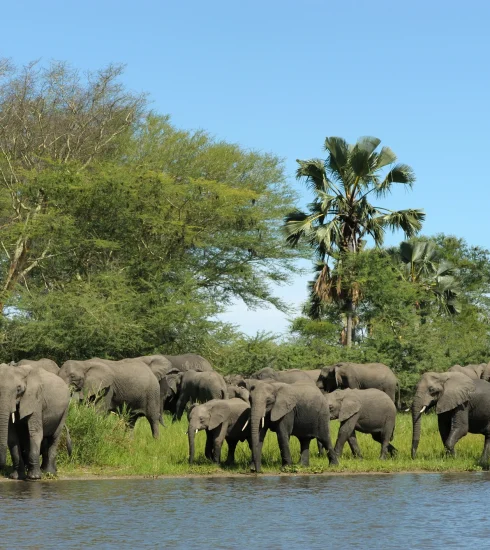New Visa Requirements for Travelers from Mozambique, Angola, and Guinea-Bissau to Brazil: Implications and Impact
In a significant policy shift, Brazil has introduced new visa requirements for travelers from Mozambique, Angola, and Guinea-Bissau. This change marks a departure from the previous visa-free travel arrangement, necessitating a closer examination of its implications for travelers and the diplomatic and economic relationships between these nations.

The Visa Application Process
Travelers from Mozambique, Angola, and Guinea-Bissau will now need to navigate a detailed visa application process before visiting Brazil. This process includes gathering necessary documents such as a valid passport, completed visa application form, passport-sized photos, proof of travel itinerary, financial means, and possibly travel insurance. Applicants may need to submit their applications online or in person at Brazilian consulates, pay the visa fees, and, in some cases, attend an interview. The processing time can vary, so early application is advisable.
Impact on Travelers
The introduction of visa requirements is likely to have several immediate effects on travelers from these countries:
Increased Travel Planning: Travelers will need to plan their trips well in advance to accommodate the visa application process. This could deter spontaneous travel and require more meticulous preparation.
Financial Implications: The cost of obtaining a visa, including application fees and potential travel insurance, adds to the overall expense of the trip, potentially making travel to Brazil less accessible for some individuals.
Administrative Burden: The need to gather various documents and possibly attend interviews adds an administrative layer that could be cumbersome for travelers.
Economic Ties Between Brazil and These African Nations
Brazil has established significant economic ties with Mozambique, Angola, and Guinea-Bissau, primarily through trade, investment, and cooperation initiatives. Here’s an overview of these relationships:

Mozambique: Brazil and Mozambique have engaged in various trade agreements, with Brazil exporting machinery, vehicles, and agricultural products to Mozambique. In return, Mozambique exports minerals and agricultural products to Brazil. Brazil has also been involved in several development projects in Mozambique, particularly in agriculture and infrastructure, such as the ProSavana project aimed at improving agricultural productivity.
Angola: Angola and Brazil share a deep historical connection due to their Portuguese colonial past, which has translated into strong economic ties. Angola exports oil and diamonds to Brazil, while Brazil exports food products, machinery, and vehicles to Angola. Brazilian companies, such as Odebrecht, have been significant players in Angola’s construction and infrastructure sectors, creating thousands of jobs.
Guinea-Bissau: Trade between Brazil and Guinea-Bissau includes agricultural products and basic goods. Brazil has supported Guinea-Bissau through various development aid programs, focusing on health, education, and agriculture.
Additionally, Brazil has joined the Lusophone Compact, an initiative aimed at boosting private sector development in Portuguese-speaking African countries, including Angola, Mozambique, and Guinea-Bissau. This compact facilitates investments and trade, enhancing economic cooperation between Brazil and these nations.
Diplomatic and Economic Implications
The new visa requirements could also influence the diplomatic and economic relationships between Brazil and these African nations:
Diplomatic Relations: The imposition of visa requirements may be perceived as a step back in the diplomatic ties between Brazil and Mozambique, Angola, and Guinea-Bissau. These countries share historical and cultural connections due to their Portuguese colonial past, and the visa-free travel arrangement was a symbol of their close ties.
Tourism and Business: The new requirements could impact tourism and business travel. Fewer tourists from these countries might visit Brazil, potentially affecting the tourism sector. Similarly, business travelers may face additional hurdles, which could influence trade and investment relations.
Reciprocal Measures: In response, Mozambique, Angola, and Guinea-Bissau might consider imposing similar visa requirements for Brazilian travelers, which could further complicate travel and diplomatic relations.
The introduction of visa requirements for travelers from Mozambique, Angola, and Guinea-Bissau to Brazil represents a significant policy shift with far-reaching implications. While it aims to regulate and monitor travel more effectively, it also introduces new challenges for travelers and could impact the diplomatic and economic relationships between these nations. As these countries navigate this new landscape, it will be crucial to balance security and regulatory concerns with the need to maintain strong, cooperative international relationships.







